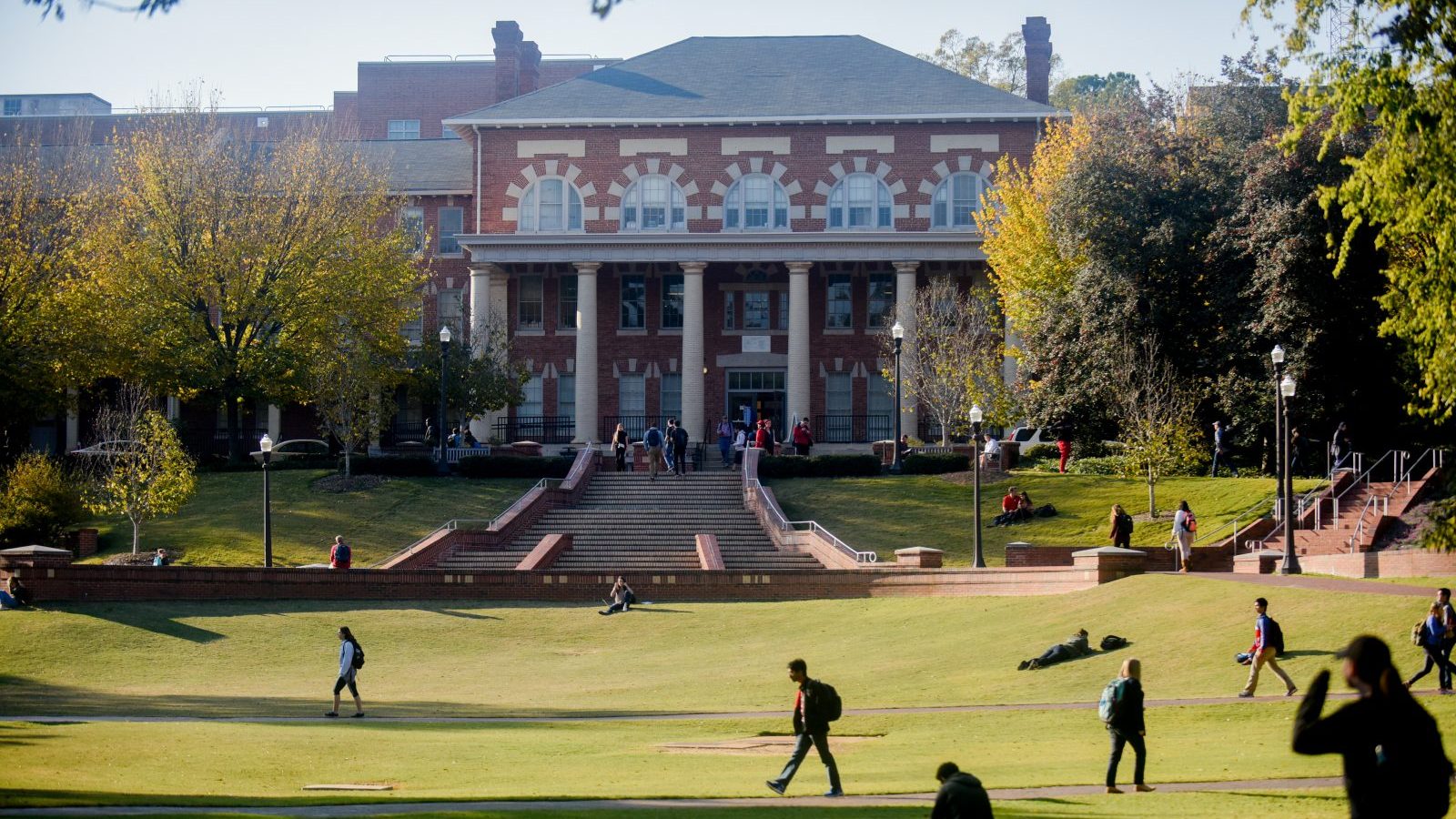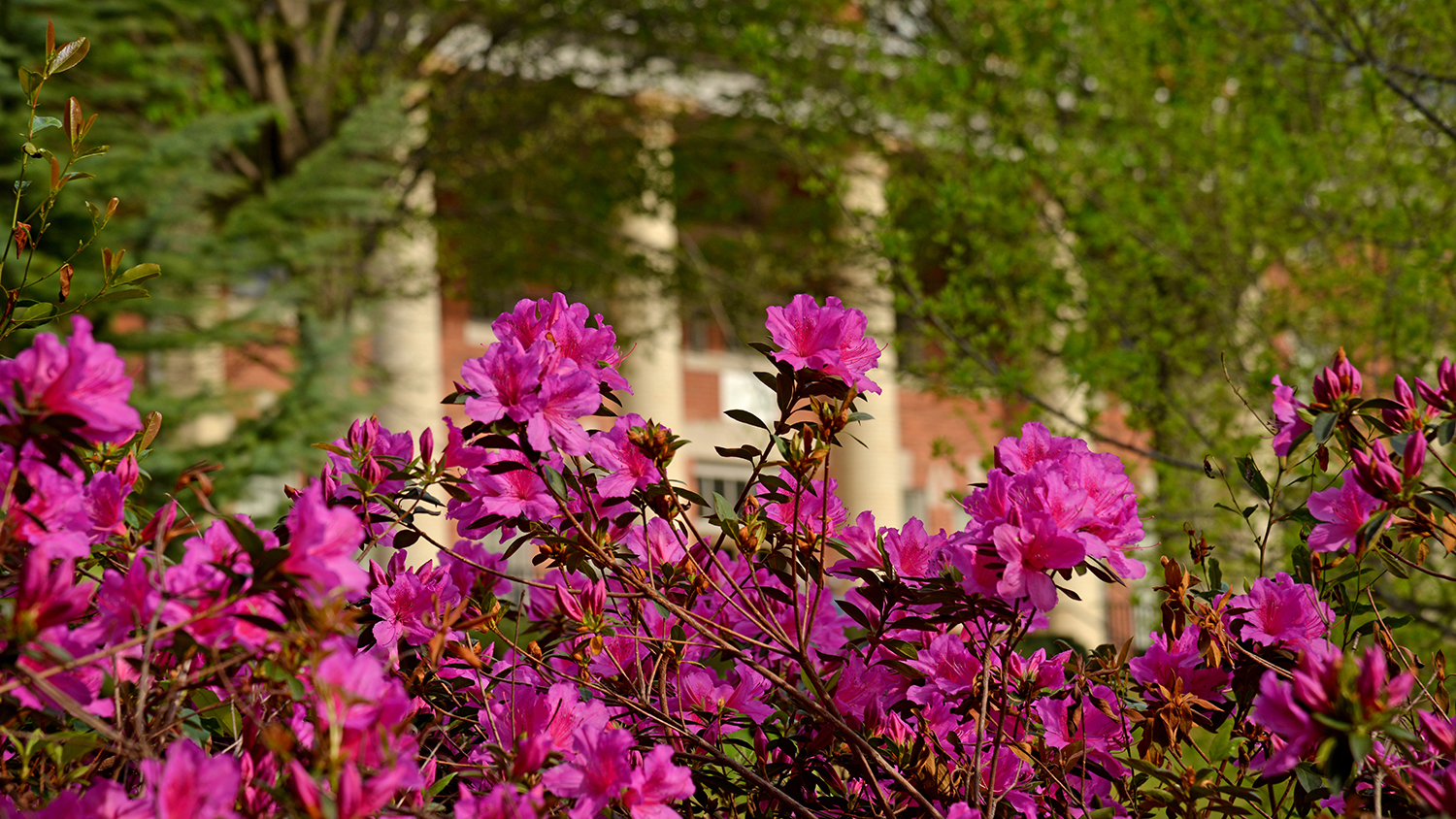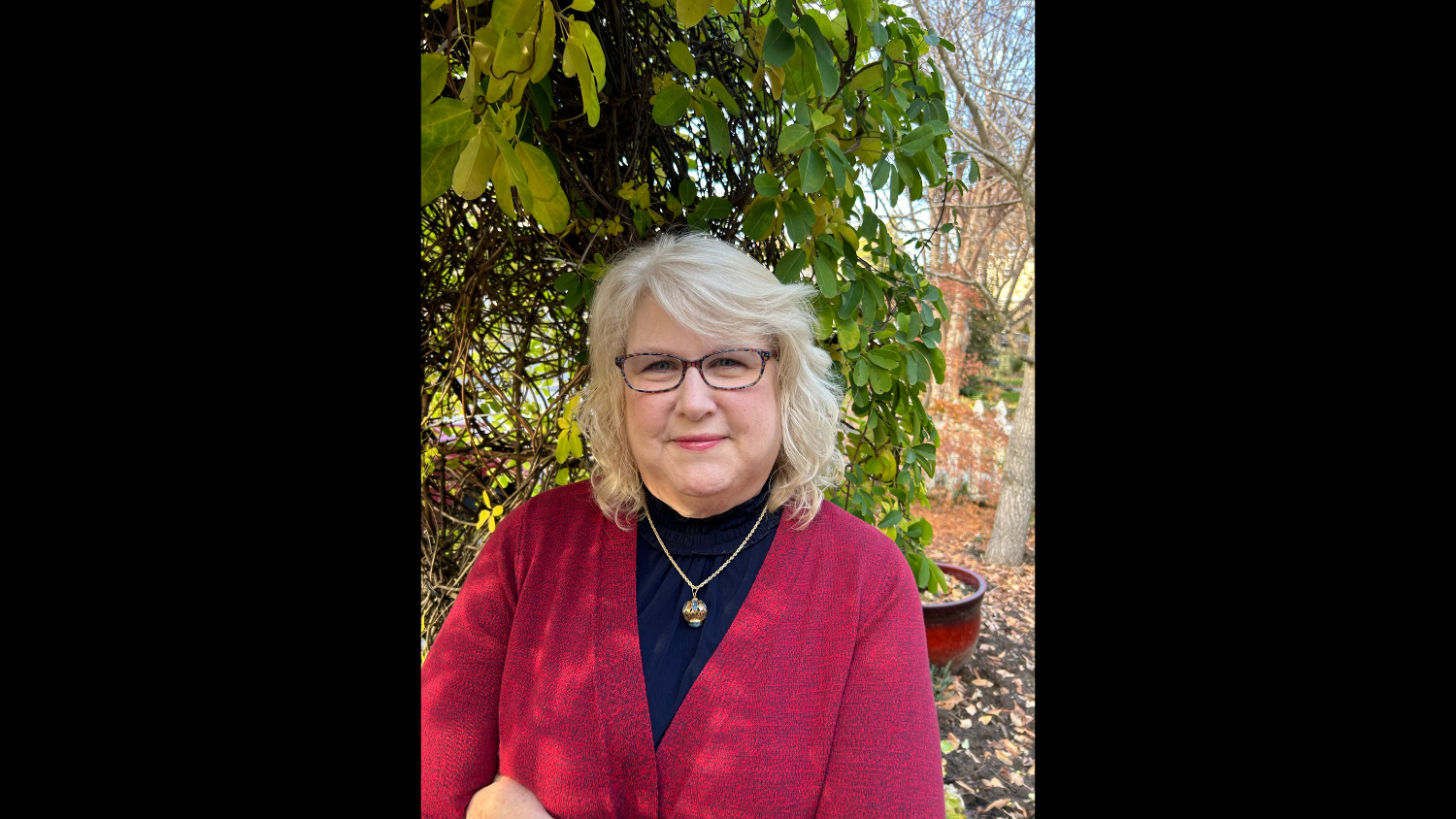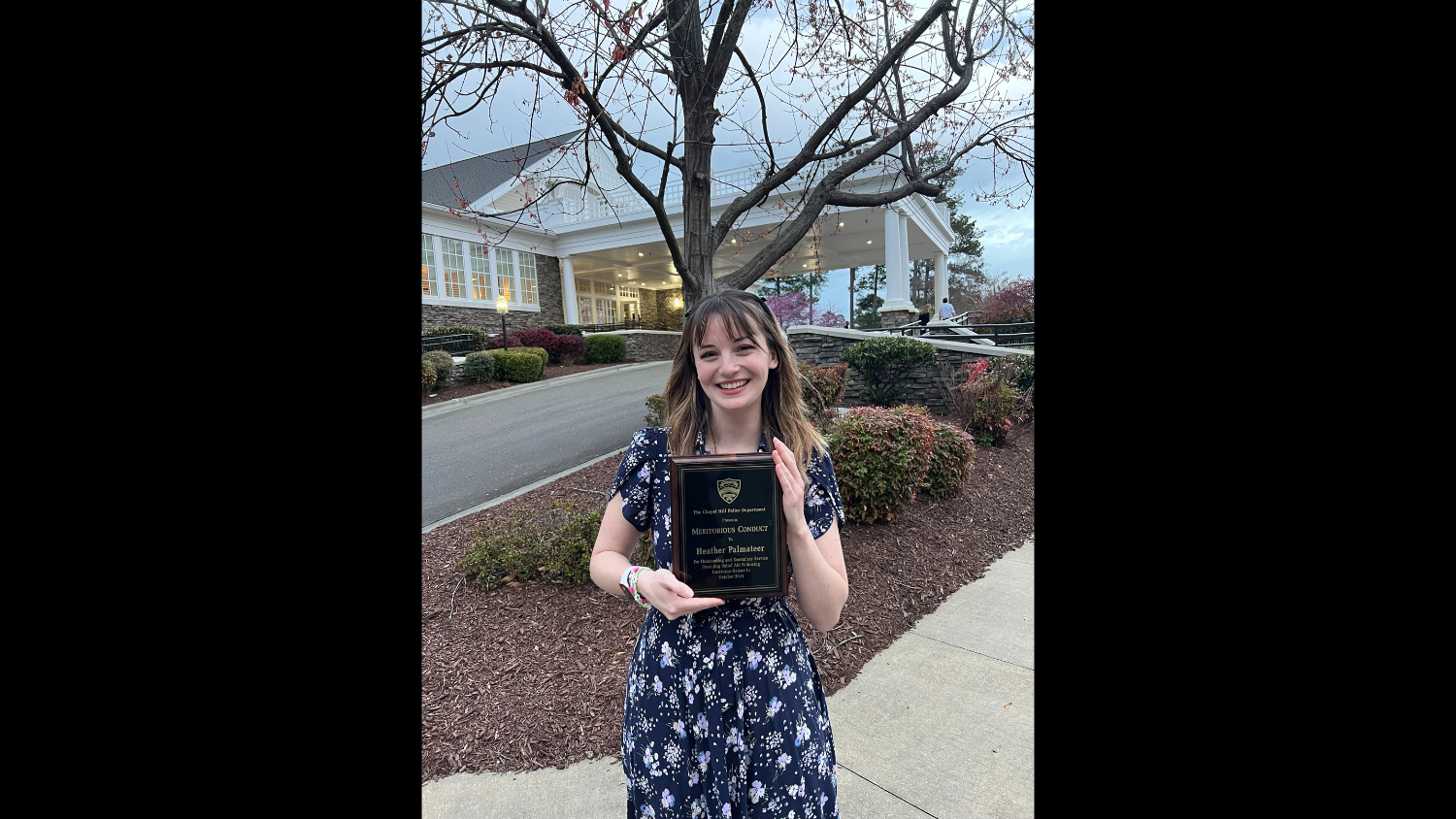NC State Social Work Students Inspire Peers in Recovery

(Above – Luetgenau)
In the 128 years since NC State University has been established, countless generations of bright minded students have worked together tirelessly in an effort to create a diverse and accepting environment for both their peers and future scholars. Among those students in the fray, are the exceptional Social Work undergraduates Christopher Campau and Scott Luetgenau, who have used their own experiences overcoming substance abuse disorders to create a Collegiate Recovery Community at NC State. 
(Above – Campau)
Christopher Campau recognized the need for a collegiate recovery program at NC State when he noticed that other universities, like UNC-Chapel Hill and UNC-Wilmington, were offering safe and supportive communities for students-in-recovery. Following the models of recovery community programs at Texas Tech University and the University of Michigan, Campau and Luetgenau were able to create a program that, according to Luetgenau, provides a “nurturing, affirming environment in which individuals recovering from addictive disorders, along with their allies, can find peer support while pursuing a college education.” “We lean on each other when things get a little bit stressful,” Luetgenau added. This recovery community offers support and guidance to a small group of identified students on campus who are in recovery, and aides in the reinforcement of these recovered individuals’ decisions to disengage from addictive behaviors. Luetgenau shares that the Collegiate Recovery Community also aims to provide support for these students-in-recovery who are learning to “live outside of a parent/guardian’s supervision as well as [to connect] these individuals to larger resources within the community” that offer other levels of support. Campau hopes that, in time, this recovery community will serve to “normalize the collegiate experience for these individuals in a recovery-hostile environment.” Luetgenau also hopes to find a permanent, departmental home for the Collegiate Recovery Community for further recovery stability and access to various resources. For their passion and dedication to their effort, Campau and Luetgenau were recently awarded a $10,000 grant from Transforming Youth Recovery, an organization that strives to provide a strong monetary foundation for start-up programs within universities so that they may achieve success. With this funding, Campau and Luetgenau plan to use this money for advertising, community outreach, and the attendance of national recovery conferences. The Collegiate Recovery Community offers “All Paths to Recovery” meetings every Tuesday evening from 5–6 p.m. in room 126 in the 1911 building. Luetgenau and Campau explained that there are no rigid standards. They are not working a program, but just hanging out and sharing experiences.
Read the feature story in Technician.
- Categories:



